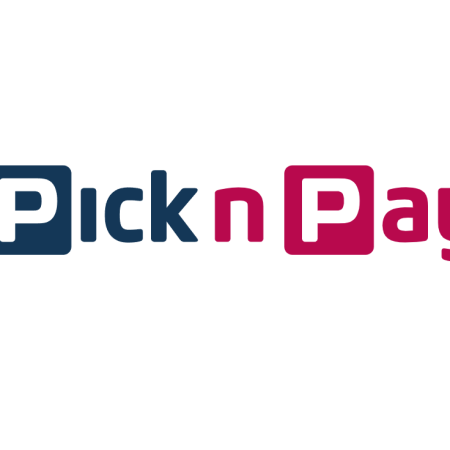Introduction
The allure of owning a franchise business in South Africa is undeniable. The promise of a proven business model, established brand, and ongoing support can be a significant draw for aspiring entrepreneurs. However, before diving into franchising, it’s crucial to have a comprehensive understanding of the financial commitments involved. One key aspect that demands attention is franchise fees.
Unpacking Franchise Fees
1. Franchise Initial Fee
The initial franchise fee is a one-time payment to the franchisor for the right to use their brand and business model. This fee covers the costs associated with training, initial support, and the privilege of associating with an established brand. It’s crucial for potential franchisees to carefully review the initial fee structure as it can vary significantly among different franchisors. The franchisor should provide an overview of the support or other services provided in lieu of the Initial fee in the franchise agreement.
2. Royalty Fees
Royalty fees are ongoing payments made to the franchisor, usually on a regular basis (often monthly), calculated as a percentage of the franchisee’s gross sales. This fee contributes to the ongoing support and services provided by the franchisor, including quality assurance, ongoing development, and operational assistance. Understanding the royalty fee structure is essential for budgeting and projecting long-term financial sustainability.
3. Marketing and Advertising Fees
Many franchisors require franchisees to contribute to a centralised marketing and advertising fund. This fund is used to promote the brand on a national or regional level. While this fee may not be as prominent as the initial or royalty fees, franchisees must be aware of these contributions and their impact on their budget. The marketing fund must be administered separately to comply with the Consumer Protection Act (CPA).
Budgeting Considerations
1. Upfront Costs
When budgeting for a franchise, consider not only the initial franchise fee but also any additional costs associated with starting the business. This may include real estate costs such as rental deposits, equipment, and inventory. A comprehensive understanding of the upfront investment is vital for accurate financial planning.
2. Ongoing Operational Costs
Beyond the initial investment, franchisees must account for day-to-day operational costs, such as rent, utilities, employee salaries, and inventory replenishment. A thorough understanding of these ongoing expenses is critical for maintaining financial stability.
3. Working capital
The new franchise may take some time to turn cash-positive. Franchisees should establish when to expect breakeven and what the franchisor recommends regarding working capital to cover expenses until the business breaks even. In addition, the franchisee should have enough funds available for personal living expenses during this time.
4. Contingency Fund
Unforeseen circumstances can arise in any business. A contingency fund is crucial to handle unexpected expenses or navigate challenging times. Franchisees should factor in a buffer to their budget to ensure they are well-prepared for unexpected financial challenges.
Conclusion
Understanding franchise fees in South Africa is a critical component of preparing for franchise ownership. Prospective franchisees must conduct thorough due diligence, carefully reviewing the franchise agreement and consulting with financial advisors if necessary. A transparent understanding of all fees involved will empower entrepreneurs to make informed decisions and embark on a successful franchise journey. The Disclosure Document and Franchise Agreement should provide a detailed breakdown of all fees and expenses, along with financial projections for the start-up phase of the business.
Franchising can undoubtedly offer a pathway to business success, but it’s essential to approach it with a clear understanding of the financial commitments involved. By doing so, aspiring entrepreneurs can position themselves for long-term success in the dynamic and rewarding world of franchising in South Africa.










